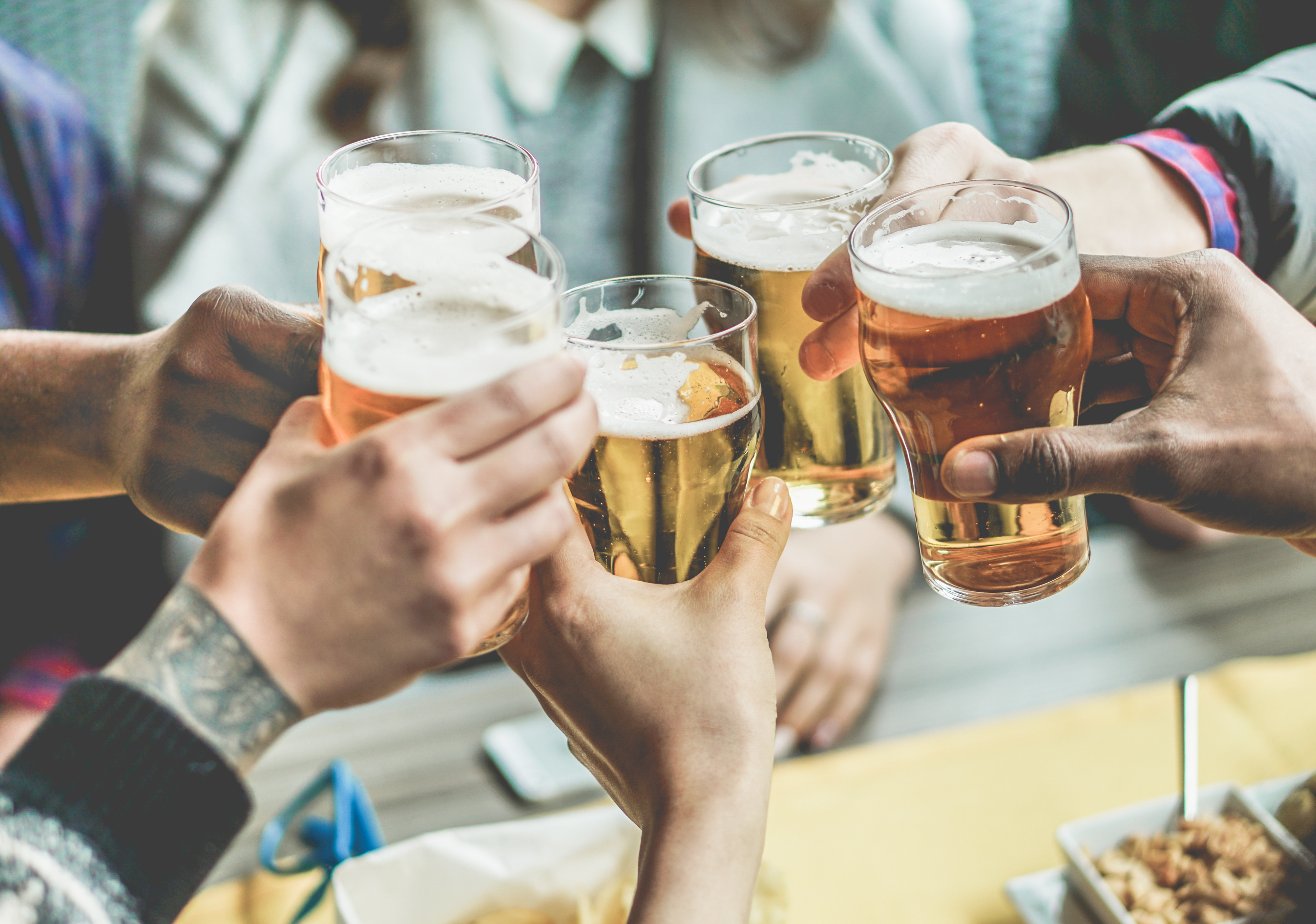At Cooper Golding, as we look forward to an industry awards night next Thursday, where we have been shortlisted in the Best Business Growth category, Chris Bickley’s thoughts turn to our favourite tipple..
Q2 2019 sales of beer in the UK were down 2.2% on the same period in 2018, according to the latest statistics from the British Beer and Pub Association (BBPA). The On Trade bore the brunt of this, but sales through retail were also negative.
Yet statistics can be deceiving: in Q2 2018, we had some of the hottest weather since records began and England were busy thrashing Panama 6-1 at the World Cup, (and, ahem, losing to the Belgians. But their beer is inferior..)
In actual fact, there is still an unquenchable demand for a pint: one study estimated that the Brits drink 15,000 pints every minute!
And there certainly appears to be a thirst for our bevvies abroad:
Data from Her Majesty’s Customs and Excise reveals that in Q1 2019 exports of food and drink, of which beer is a top ten component, increased by 10.7% YoY to £5.8bn, almost twice the growth rate of Q1 2018 (+6.3%).
Of interest, export growth to non-EU markets (+12.2%) outpaced EU markets (+9.9%).
Without doubt, what is changing are the qualities that the drinker connects with when, where and how they are buying their pint.
Marston’s On Trade Beer report 2019/20 identified five key macro trends that affect consumer behaviour:
- Premiumisation – in short, this is quality over quantity. It’s the convergence between the demand for luxury goods and the basic functionality of mass market. And it sells: last year at the top end, On Trade consumers bought 66.5 million less pints than the previous year, and yet spent £177.8 million more in doing so.
- Health – our eating and drinking habits are changing as we focus more on wellbeing, with alcohol consumption dropping in the UK. For example, data from The Society of Independent Brewers (SIBA) illustrates that the number of 25 to 34-year-olds who drank beer more frequently than once week has fallen 10% since 2017. At the same time, the popularity of low ABV or non-alcoholic beers has increased: last year 43mm pints of it were sold in pubs in the UK, according to the BBPA, with the figure expected to continue rising.
- Authenticity – sustainable. Responsibly, locally produced by small independent breweries in small batches: these qualities resonate with the consumer and are reflected in their spending habits.
- Convenience – we lead busy lifestyles and are time-poor.
- Experience – 65% of adults would rather spend money on experiences than possessions. This number rises to 72% among millennials (Mintel research).
In fact, beer drinkers provide for a neat analogy for businesses in the UK looking to attract best-in-class talent.
The skillsets required have changed: in Manufacturing, for example, virtualisation, mass-customisation and data analytics trends mean that AI architects, data scientists and software engineers are now more in demand that candidates with more traditional STEM backgrounds.
And in turn, the best talent is attracted by different values: flexibility and mobility among them.
Whilst a lot has been made of the demise of the salaried employee, IR35 could have far reaching implications for those currently contracting or freelance.
Increased gender and cultural diversity will continue to positively influence outlook and leadership.
Some brewers are using digitalisation to interesting affect to appeal to the consumer.
For example, Guinness has developed the ‘STOUTie’: yep, that’s right, it's your head…on your head, so to speak; a selfie in the froth. Whether this will catch on or be seen as too gimmicky is yet to be seen.
What isn’t gimmicky is our successful record in specialist recruitment across Manufacturing, Engineering, Industrial and Sales & Marketing.
Talk to us at Cooper Golding about how we can help you brew the perfect partnership of industry leading talent.








